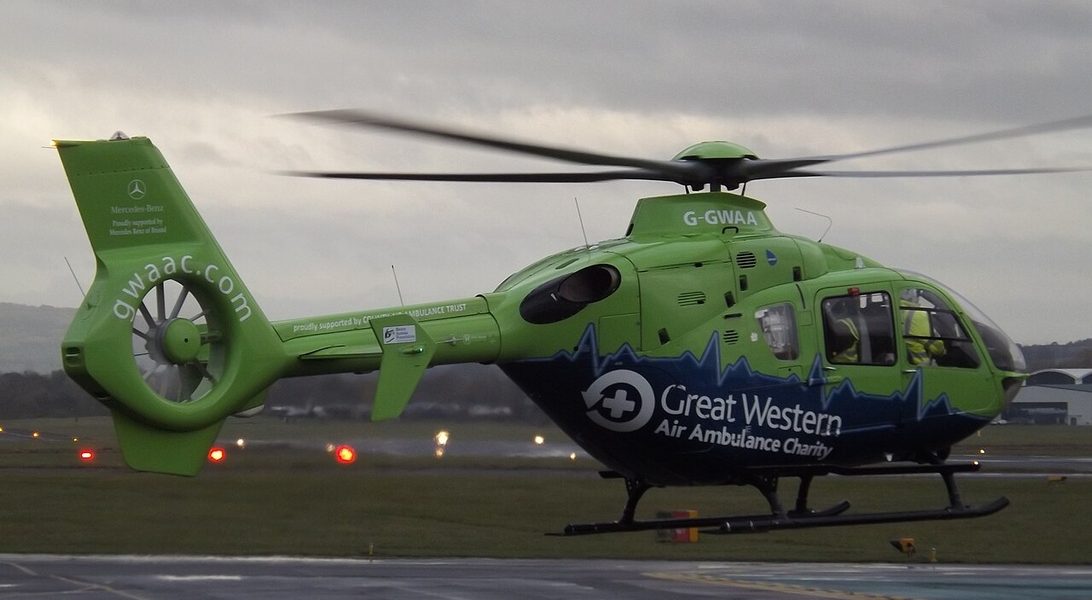I often think about a moment of panic I had a few years ago, standing on a crowded platform at a London Underground station. A last-minute platform change was announced over a crackly speaker, and a sea of people suddenly changed direction. For me, it was a minor inconvenience. But it made me wonder: what if I couldn’t hear that announcement, or couldn’t navigate the sudden surge of people or a flight of stairs? This simple thought highlights a daily reality for millions. In the UK, a quiet but powerful revolution is underway, led by charities using digital solutions to dismantle the barriers that have long restricted people’s freedom to travel. I believe it’s no longer just about installing ramps; it’s about building digital bridges that make the entire journey possible.
From Obstacle Courses to Open Roads
For many of us, a journey on public transport is a simple act we take for granted. Yet for the 16 million disabled people in the UK, it can be a daunting task filled with uncertainty. A broken lift, an unannounced platform change, or a lack of available staff can bring a planned journey to an abrupt halt. This isn’t just a statistic; it’s a reality that profoundly impacts daily life for millions, shaping their freedom and opportunities. According to an insightful report from the disability charity Scope UK, a staggering 30 percent of disabled people find their independence is reduced by difficulties with public transport.
It is here that modern charity work has taken a new, strategic turn. Organisations like Scope UK are no longer just acting as a safety net for when the system fails. Instead, they have become proactive architects of change. By gathering data, publishing these crucial reports, and engaging directly with transport operators and policymakers, they are pushing for a systemic transformation of the entire transport infrastructure. They use the power of evidence and digital arguments to show that accessibility is not a niche issue or a cost, but a fundamental right and an investment in a more inclusive, functional society for everyone.
Forging a New Path with Digital Tools
The key to this transformation lies in harnessing what Scope’s report calls the ‘power of open data’ and ‘new technology’. I’ve personally seen how a simple app update, like one that includes step-free routing options or provides real-time updates on the working status of station lifts, can turn a day of travel anxiety into a smooth, manageable experience. These tools empower disabled travellers to plan journeys with confidence, knowing they can avoid unexpected barriers. This shift turns a potentially stressful ordeal into a seamless and predictable experience, directly contributing to greater independence and a sense of freedom.

Of course, to manage these complex, data-heavy campaigns effectively, charities themselves must be digitally equipped. Running nationwide research, coordinating with thousands of supporters, collaborating with partners, and reporting to funders is a monumental task that outdated spreadsheets and endless email chains simply cannot handle. This is where adopting a dedicated platform becomes essential for success. A specialised system like NGO Online provides the comprehensive management tools needed to streamline workflows, ensure transparency, and drive real, measurable change. By having a robust digital backbone, these organisations can work more efficiently, amplifying their voice and impact significantly.
This new role also means a greater focus on collaboration. From what I’ve seen, the most successful initiatives emerge when charities bring disabled people, app developers, engineers, and transport managers together. By ensuring the end-users are co-designing the solutions from the ground up, we can be certain that technology solves real-world problems and is intuitive to use. This creates a virtuous cycle where technology leads to better data, which leads to better services and increased independence, which in turn provides even more valuable feedback for future innovation.

The Real Journey Is From Isolation to Inclusion
The digital transformation of travel-related charity work in the UK is therefore not just a story about technology. It is a story of empowerment. It is a blueprint for turning frustration and limitation into confidence and opportunity. When travel is accessible, our world opens up, allowing for greater connection, employment, and participation in community life. I truly believe the most important journey of all is the one from isolation to inclusion, and that map is being redrawn right now, piece by piece, by the tireless and innovative work of these essential organisations.

